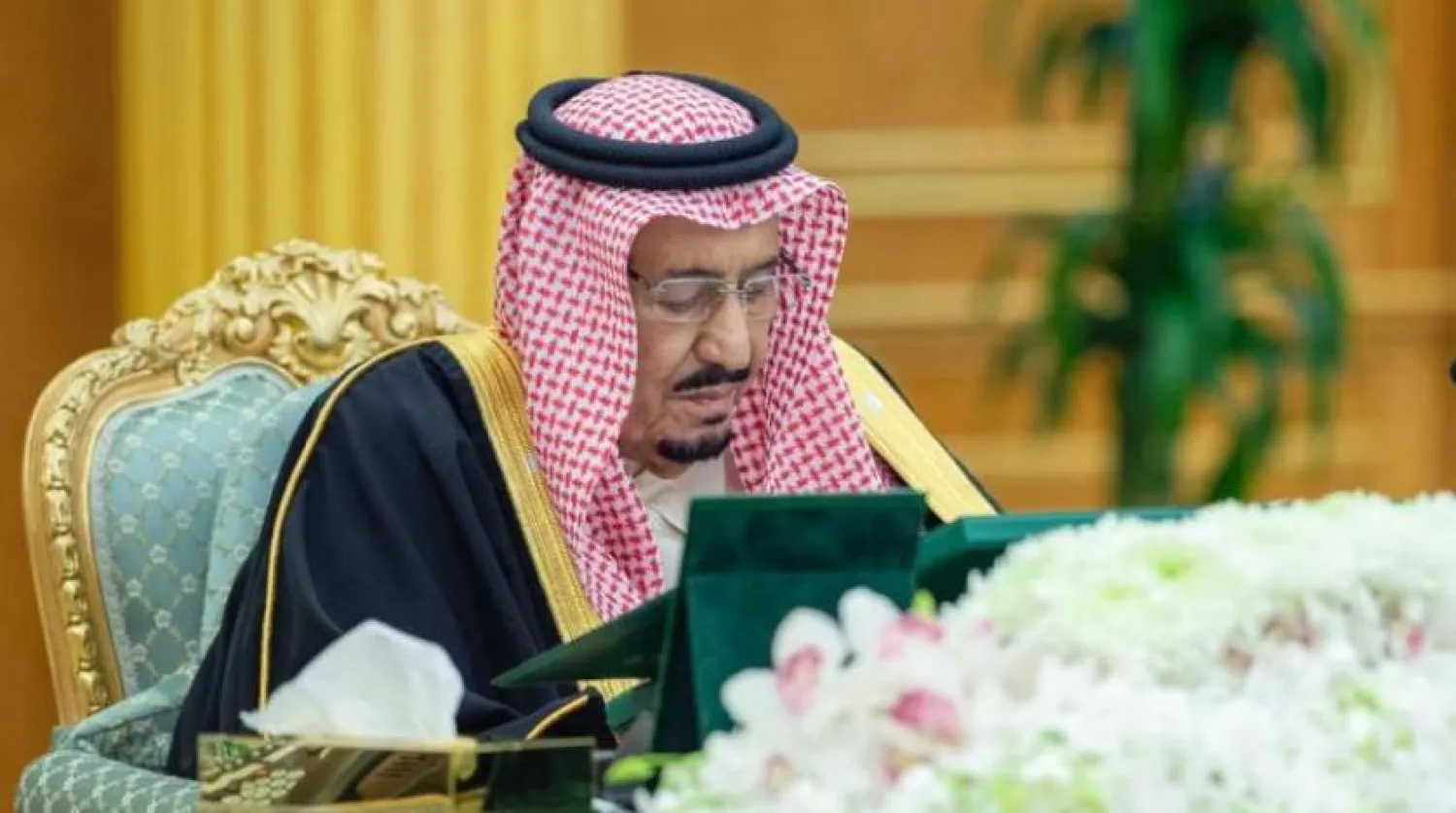The Saudi government reiterated on Tuesday the Kingdom's firm commitment to combating terrorism.
Custodian of the Two Holy Mosques King Salman bin Abdulaziz chaired the cabinet meeting that was held in person in Riyadh.
The government highlighted the Kingdom's speech before the annual briefing of ambassadors of member states of the United Nations Counter-Terrorism Office and during which it stressed its commitment to working with the agency in fighting terror.
The ministers were briefed on the various talks and meetings Saudi officials held with their counterparts from around the world in the past week.
Acting Media Minister Dr. Majed al-Qasabi said the cabinet reviewed various developments and international efforts exerted towards them for the sake of preserving regional security and peace.
It highlighted the inaugural LEAP 2022 conference that was held in Riyadh last week. It reviewed the various initiatives and investments that were launched and that topped 6.4 billion dollars in value.
The conference is the embodiment of the Kingdom's constant efforts to push forward the digital economy and bolster prosperity in the Middle East and North Africa.









